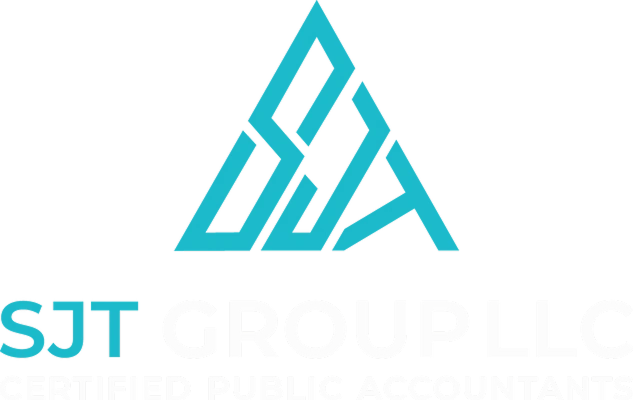By duda
•
September 4, 2024
Tax season may have ended, but it's the perfect time to reflect on the past year and prepare for the future. Wise Accounting & Tax Services wants to ensure both individuals and businesses are equipped with strategies that can reduce tax liability and improve financial organization throughout the year. Here, we’ve outlined effective methods for both individuals and businesses to stay on top of their tax situation. Strategies for Individuals 1. Keeping Track of Receipts Receipts are essential for proving your expenses, especially if you're ever audited. It's a good idea to store them digitally—consider scanning or taking photos. There are apps available to categorize and store these receipts securely, ensuring that nothing is lost throughout the year. 2. Understanding Deductible Expenses Not all expenses qualify as deductible, but several key ones do. Here are a few worth noting: Mileage: If you use your vehicle for business, charity, or medical purposes, you may be able to deduct mileage. For business use, the rate is 67 cents per mile, and for charitable purposes, it’s 14 cents. Be sure to keep a detailed log of trips. Meals: If you have business meals with clients or while traveling, you can typically deduct 50% of these expenses. Be sure to keep a record of the meal’s purpose and who attended. 3. Quarterly Tax Payments If you're self-employed or have significant income without withholding, it's important to make estimated quarterly tax payments. This proactive approach prevents a large tax bill at the end of the year and helps you manage cash flow better. 4. Retirement Contributions Contributing to retirement accounts such as IRAs or 401(k)s offers two benefits: it secures your financial future and can reduce your taxable income. Although some contributions can be made after the year ends, it's smart to budget for these payments throughout the year. 5. Charitable Donations If you donate to charities, you may qualify for a deduction, but documentation is key. Make sure you have receipts for any donation over $250. 6. Health Savings Accounts (HSAs) If you have a high-deductible health plan, contributing to an HSA is a tax-efficient way to save for medical expenses. The money you contribute to an HSA is tax-deductible, grows tax-free, and can be used tax-free for qualified medical expenses. Strategies for Businesses 1. Receipt Management Businesses need to maintain detailed records of their expenses for deductions. Using digital tools to scan and store receipts helps reduce physical clutter and makes it easy to retrieve the necessary documents during tax preparation or an audit. 2. Deductible Business Expenses Tracking deductible business expenses year-round can save time and reduce stress at tax time. Here are a few key categories: Mileage Tracking: If you use a vehicle for business purposes, maintain a log with details such as the date, purpose, and mileage of each trip. Meals and Entertainment: While entertainment is no longer deductible, business meals still qualify under certain conditions. Record the purpose of the meal and the participants. 3. Home Office Deductions For those who work from home, you may be eligible for a home office deduction. This applies if you use a part of your home regularly and exclusively for business. Be sure to keep track of expenses related to that portion of your home. 4. Proactive Tax Planning Make quarterly tax payments to avoid penalties, and review your employee retirement contributions. Contributing to employee retirement plans can lead to significant deductions while helping your employees secure their financial futures. 5. Documents to Retain for Audits To stay prepared for any audits, businesses should retain the following key documents: Bank Statements and Invoices: Keep bank statements matched with invoices to verify transactions. Employment Records: Ensure that all employment taxes and filings are well-documented. Financial Statements: Regularly review your profit-and-loss statements and balance sheets to ensure accuracy. How We Can Assist At Wise Accounting & Tax Services, we understand that tax planning is a year-round process. Whether you're an individual seeking to maximize deductions or a business looking to maintain compliance, we’re here to help. Our team can guide you in organizing your financial records, understanding deductible expenses, and planning for future tax benefits. Ready to take control of your taxes? Schedule a consultation with us today!




